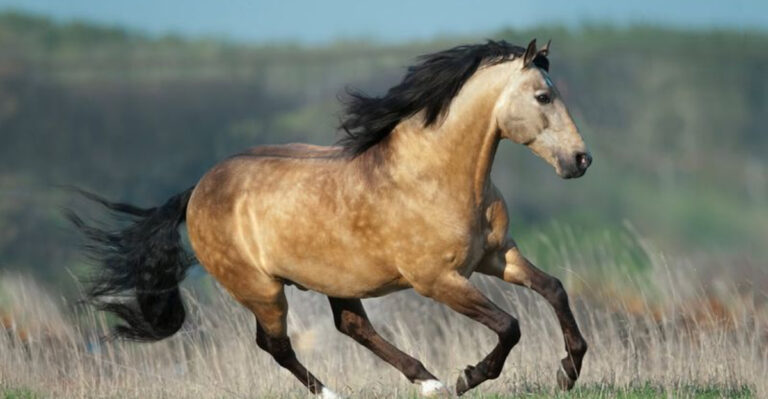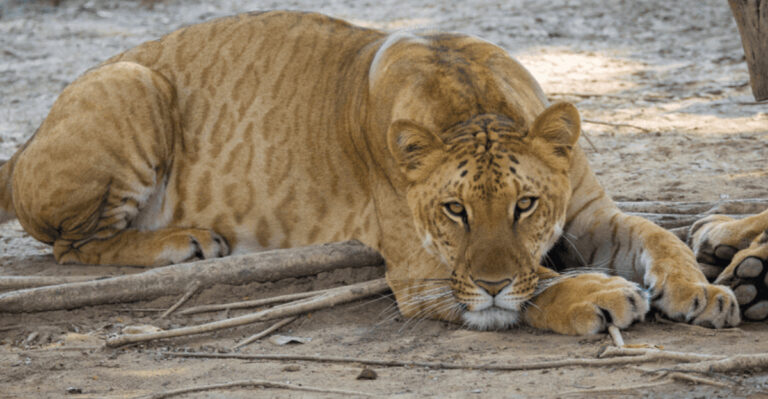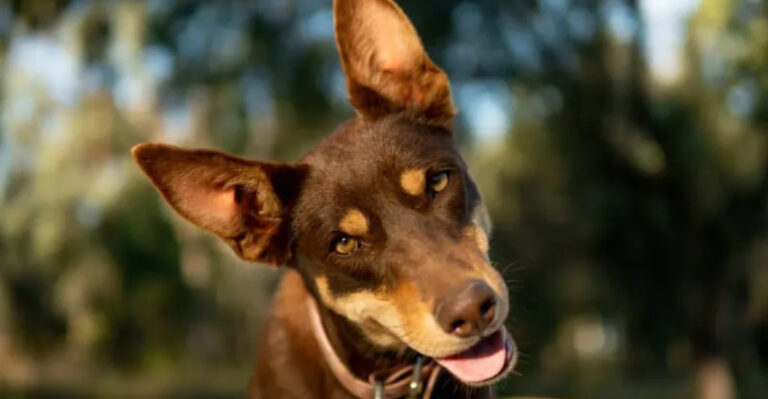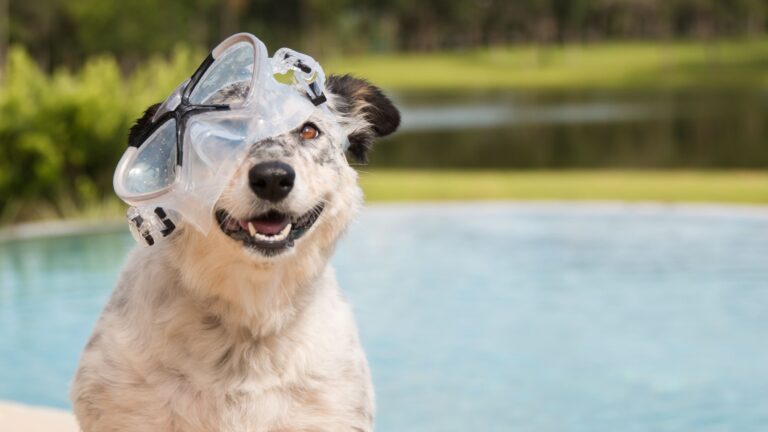8 Drinks Your Cat Can Safely Enjoy And 4 You Should Never Offer
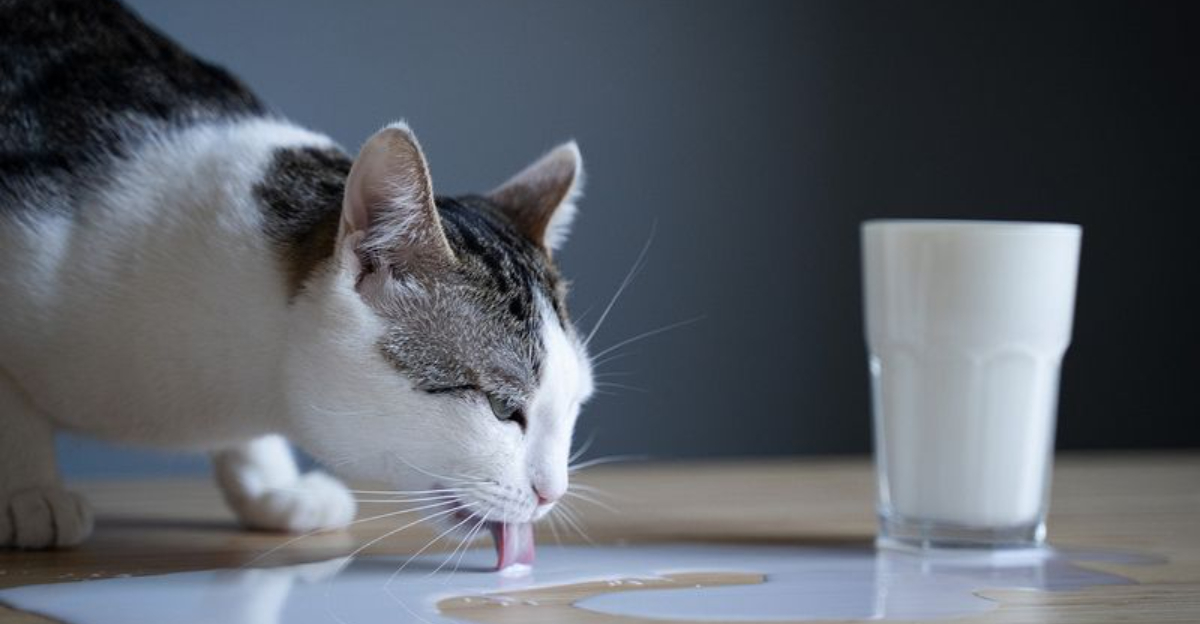
Ever caught your furry friend eyeing your glass with curious whiskers twitching? Cats have specific hydration needs, and offering the wrong drink could lead to serious health issues.
Knowing which beverages are safe can help keep your kitty happy and hydrated, while avoiding potentially dangerous options that could send you rushing to the vet.
Fresh Water – The Ultimate Thirst Quencher
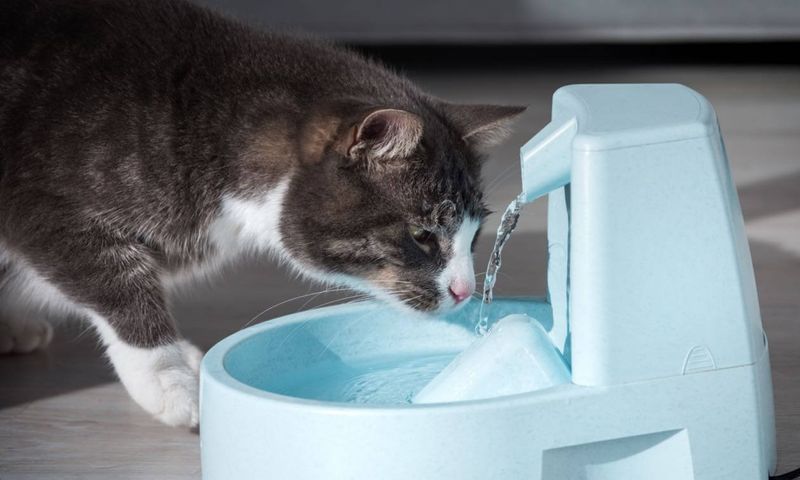
Nothing beats clean, fresh water for your feline friend. Cats naturally have a low thirst drive, so keeping water appealing is crucial.
Consider using a pet fountain – the moving water often entices cats to drink more frequently. Replace water daily and wash bowls regularly to prevent bacteria buildup that could discourage drinking.
Bone Broth – A Savory Treat
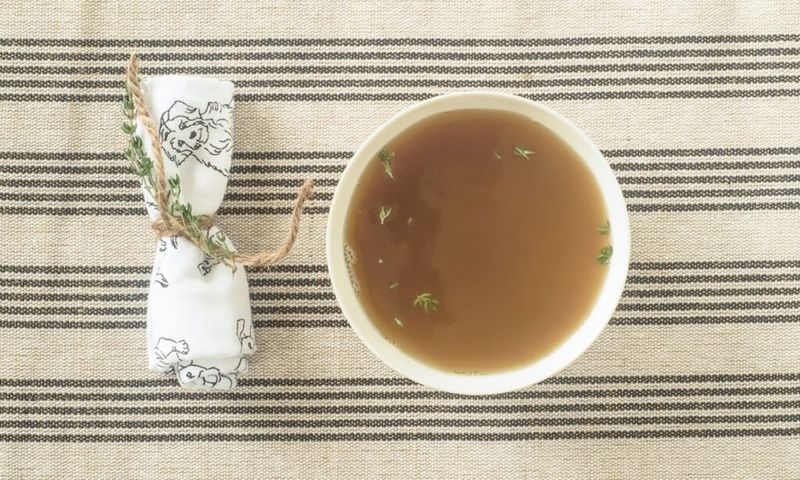
Homemade bone broth without onions, garlic or salt makes a delicious treat that most cats adore. The meaty flavor entices even picky drinkers while providing extra hydration.
Serve it cool, not hot, and store unused portions in the refrigerator for up to three days. This nutritious liquid contains collagen that may support joint health in older felines.
Tuna Juice – Fishy Temptation
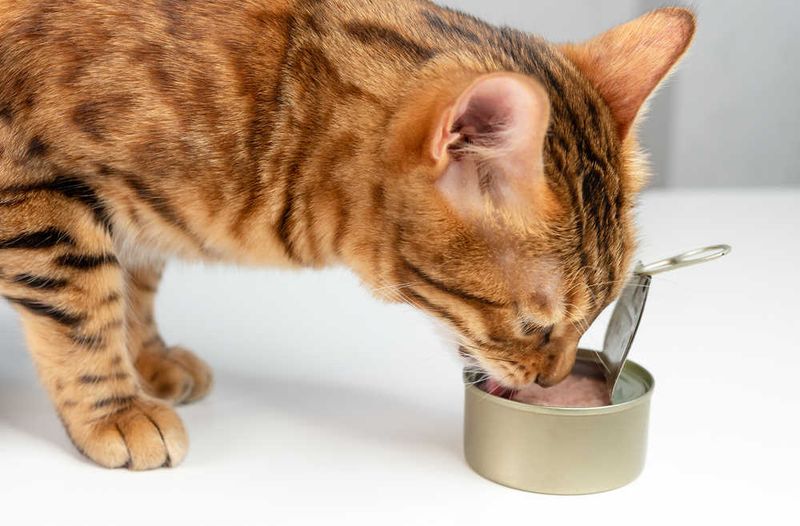
Most cats go crazy for the liquid from canned tuna packed in water. This flavorful juice can encourage hydration when your kitty seems disinterested in plain water.
Offer it occasionally as a special treat, not daily. Pour a small amount into a separate dish – just enough for a few licks. Remember to choose tuna packed in water, never oil or brine.
Goat Milk – Easier to Digest
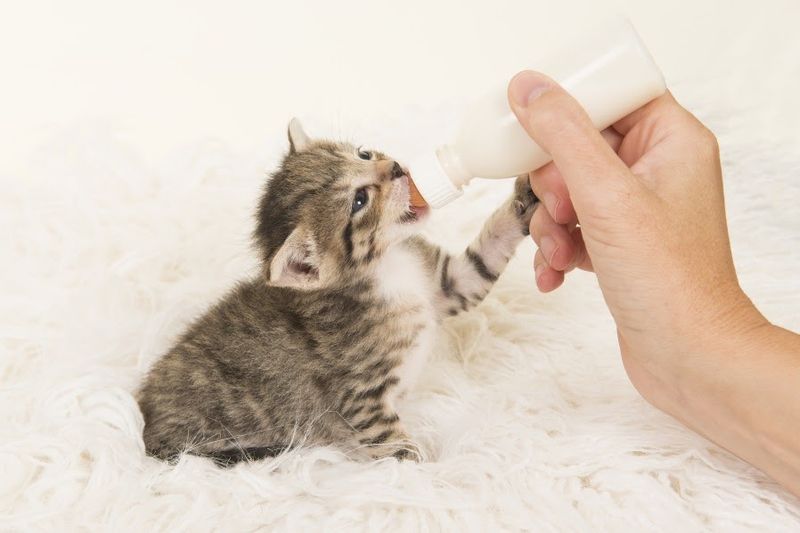
Unlike cow’s milk, many cats can digest goat milk without tummy troubles. It contains less lactose and different proteins that tend to be gentler on feline digestive systems.
Start with just a teaspoon to ensure your cat tolerates it well. Look for plain, unsweetened varieties without additives. Some pet stores even sell special goat milk formulated specifically for cats.
Cat-Friendly Broth Cubes – Frozen Delight
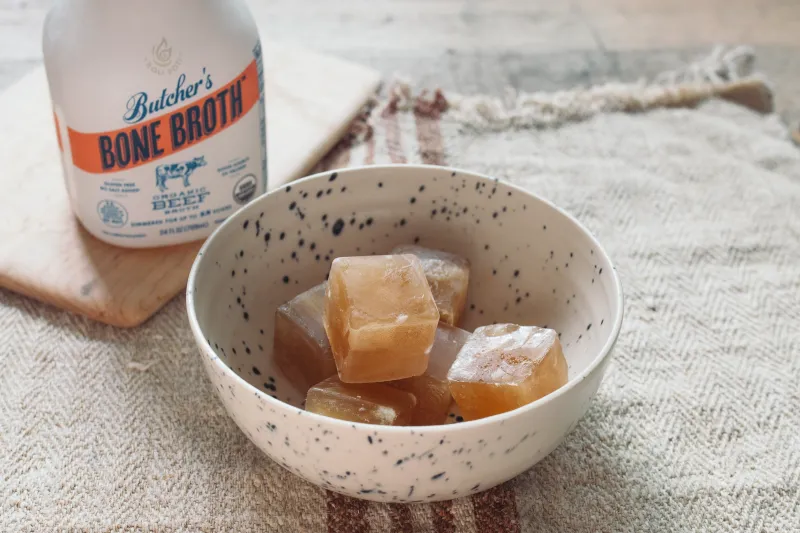
Freeze homemade chicken or beef broth (without onions, garlic, or salt) in ice cube trays for a refreshing summer treat. These cooling cubes provide both hydration and entertainment.
Watch as your cat licks and paws at the melting cube. Perfect for hot days, these frozen treats can help prevent dehydration while giving your pet something fun to investigate and enjoy.
Cat Milk Replacer – Specially Formulated
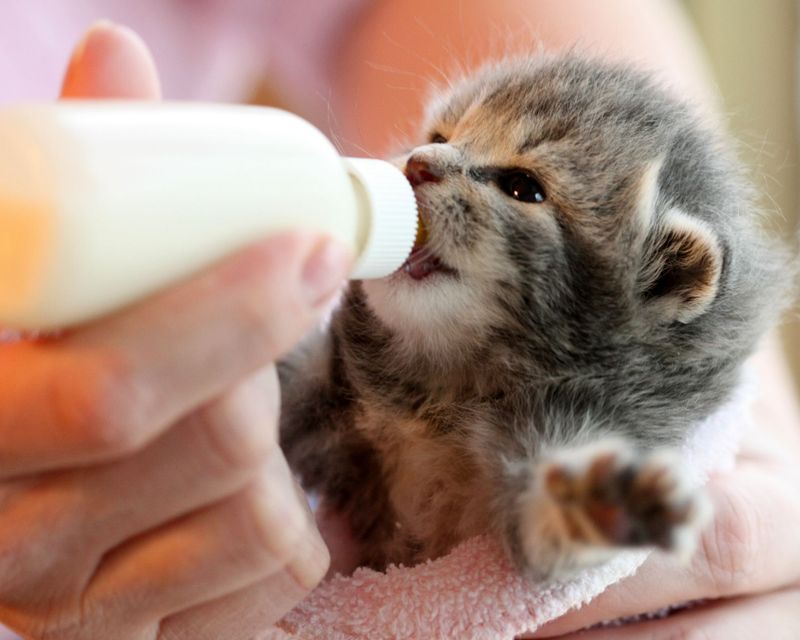
Commercial cat milk replacers are specifically designed for feline consumption. These products contain adjusted lactose levels and added nutrients that benefit adult cats.
Available at most pet stores, they come in liquid or powder form. Follow package instructions for serving size – usually just a few tablespoons is sufficient. Many cats enjoy the creamy texture and mild flavor.
Watermelon Juice – Natural Sweetness
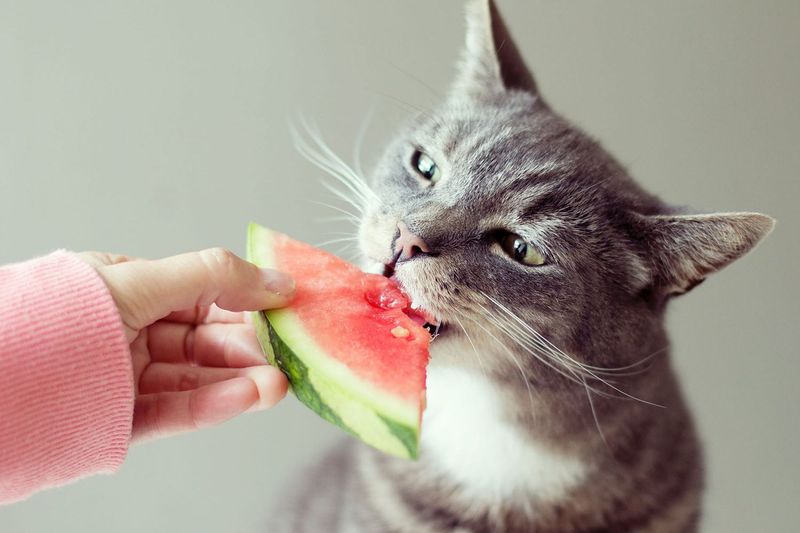
Some cats enjoy the subtle sweetness of plain, seedless watermelon juice. This natural liquid provides hydration with a hint of flavor that curious cats might appreciate.
Ensure it’s pure juice without added sugar or preservatives. Offer just a teaspoon to start, watching for any digestive reactions. The high water content makes it especially refreshing during warmer months.
Diluted Chicken Broth – Hydration Helper
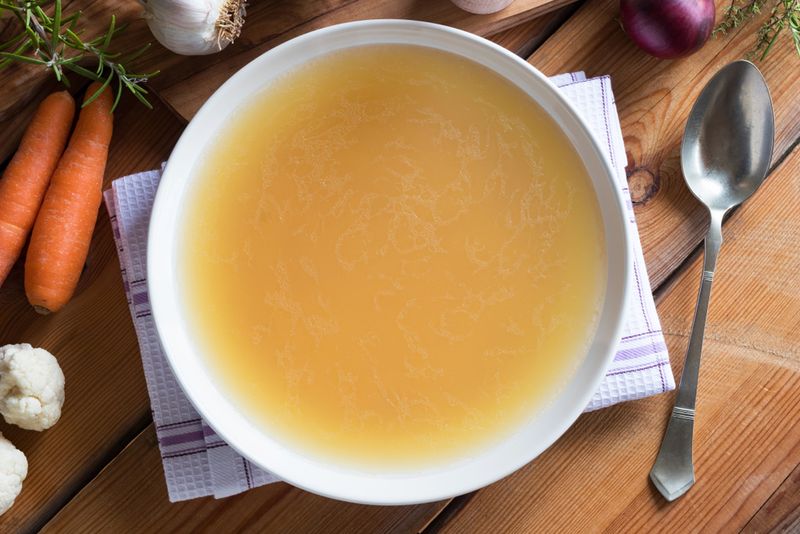
For cats needing extra hydration, try homemade chicken broth diluted with water. The aroma entices reluctant drinkers while the additional fluid helps support kidney function.
Always ensure your broth is free from onions, garlic, and salt. Serve at room temperature or slightly cool rather than hot. This can be particularly helpful for senior cats or those recovering from illness.
Cow’s Milk – Tummy Trouble Maker
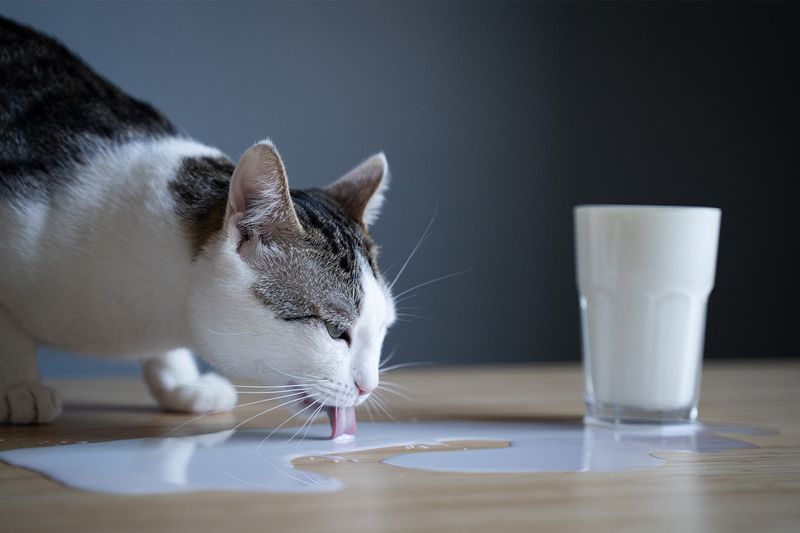
Despite the classic image of cats lapping up milk, most adult felines are actually lactose intolerant. Their bodies lack sufficient enzymes to digest milk sugar properly.
Offering cow’s milk typically leads to digestive upset, diarrhea, and discomfort. The symptoms might not appear immediately, making it hard to connect the cause. Even small amounts can trigger problems in sensitive cats.
Caffeinated Beverages – Dangerous Stimulants

Coffee, tea, and energy drinks contain caffeine, which is highly toxic to cats even in small amounts. Their bodies cannot metabolize this stimulant effectively.
Ingestion can cause rapid heart rate, restlessness, tremors, and in severe cases, seizures or collapse. Never leave these drinks unattended where curious cats might take a sip. Even a few licks could require emergency veterinary care.
Alcohol – Severely Toxic
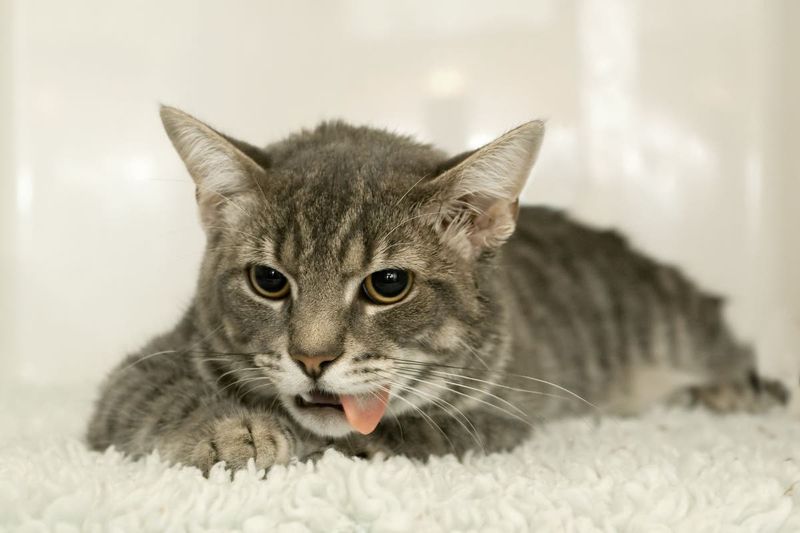
Even tiny amounts of alcoholic beverages can cause serious harm to cats. Their small bodies and unique metabolism make them extremely sensitive to alcohol’s effects.
Symptoms of alcohol poisoning in cats include disorientation, vomiting, and dangerous drops in body temperature, blood sugar, and blood pressure. As little as a tablespoon of spirits could be life-threatening to a small cat.
Sugary Drinks – Hidden Health Hazards
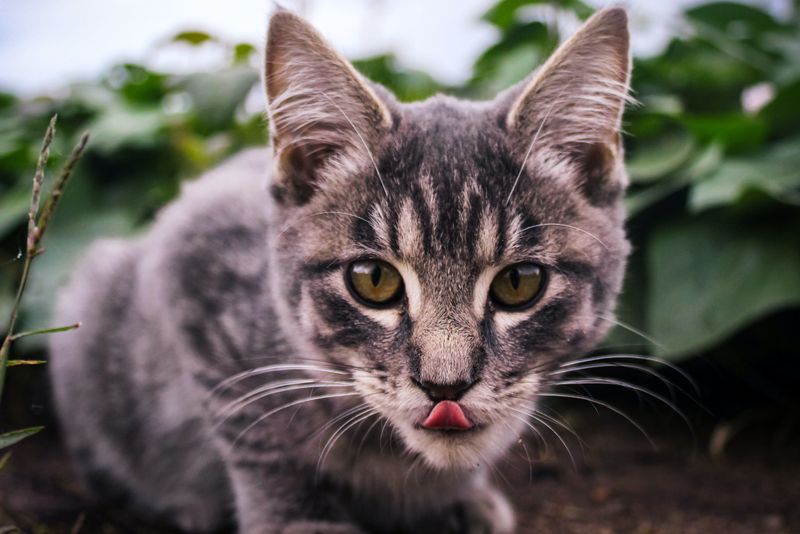
Sodas, fruit juices, and sports drinks contain excessive sugar and artificial ingredients that can harm your cat. Felines lack taste receptors for sweetness, so they gain no enjoyment from these flavors anyway.
Regular consumption can lead to obesity, dental problems, and potentially diabetes. The carbonation in sodas may also cause uncomfortable bloating and gas. Keep these drinks strictly for human consumption.

